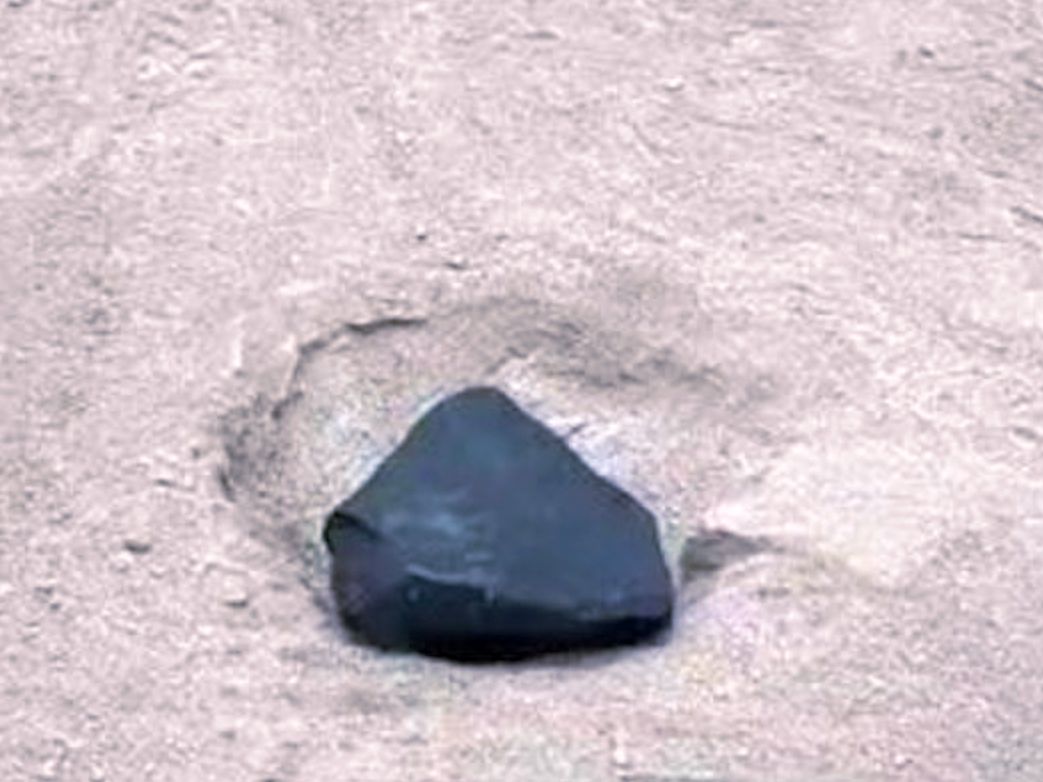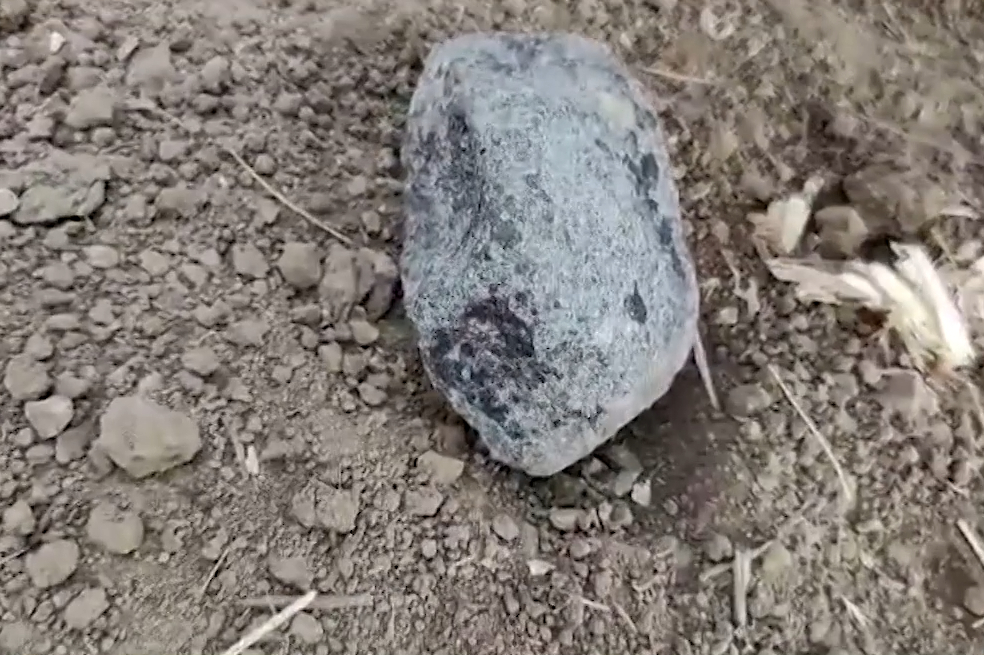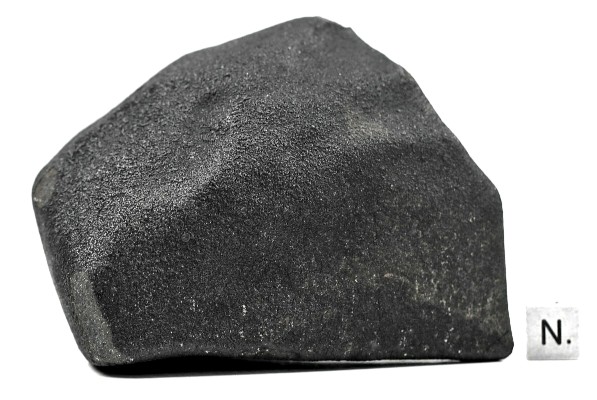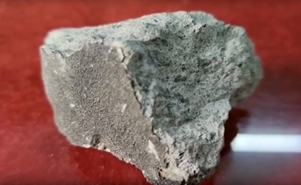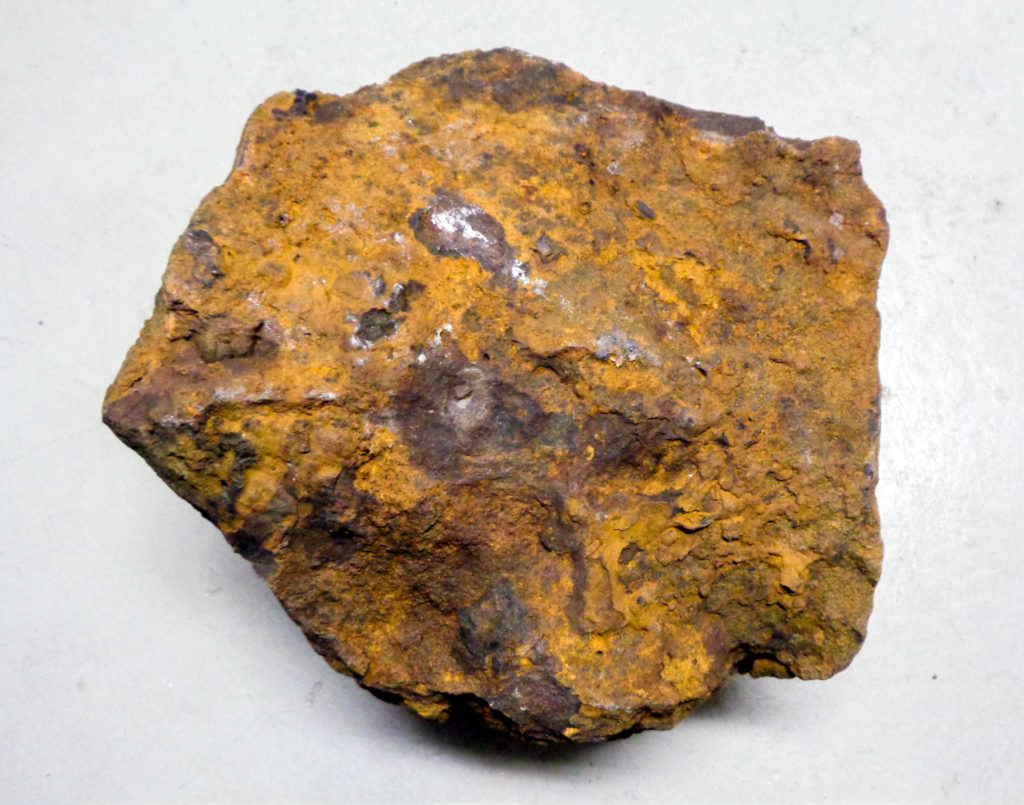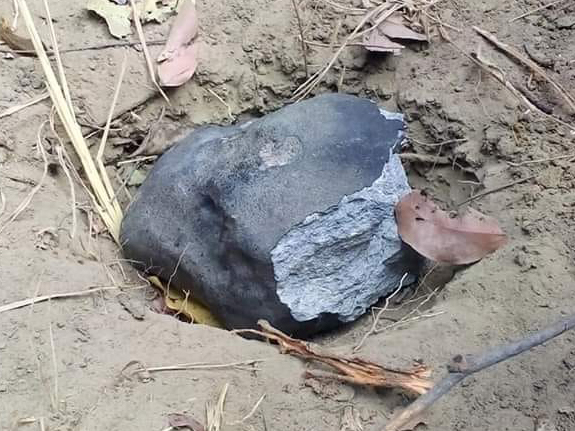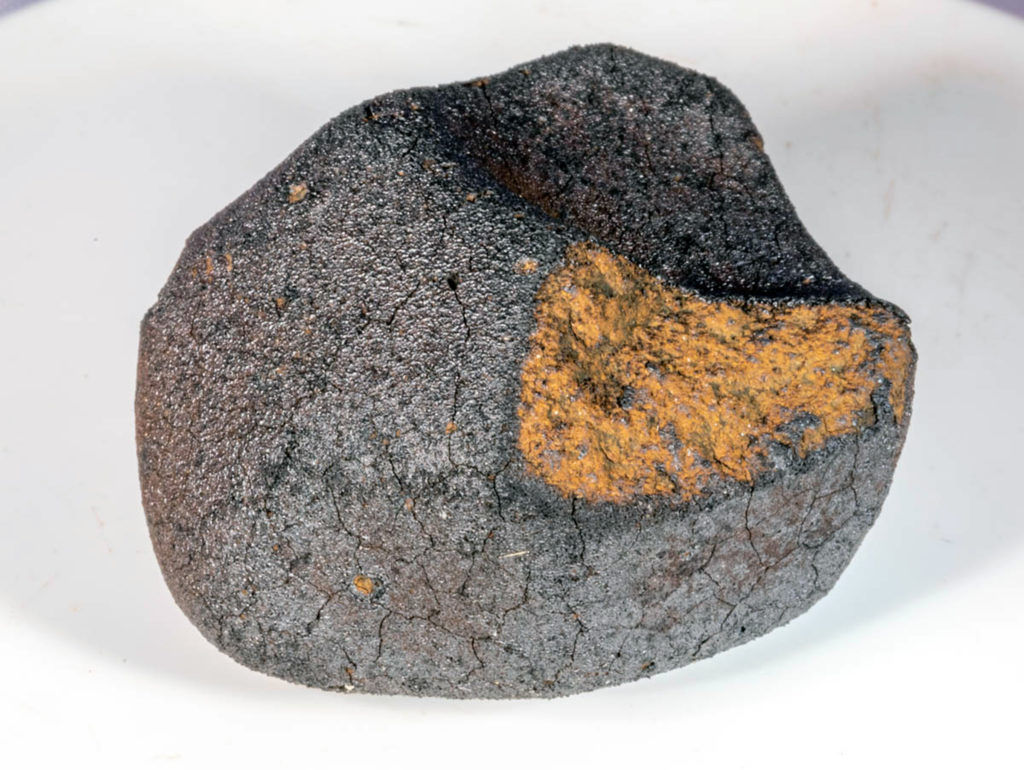Effects of minerals on metamorphism of organic matter during thermal processes in meteorite parent bodies
Naoki Hirakawa, Yoko Kebukawa, Kensei Kobayashi, Hideyuki Nakano
Icarus
In Press, Journal Pre-proof, Available online 22 October 2020
“Highlights
• We evaluated changes in the molecular structures of organic matter analog upon heating with the presence of minerals, to evaluate the effects of minerals on organic matter during thermal metamorphism in meteorite parent bodies.
• Montmorillonite and olivine, particularly montmorillonite, enhanced decomposition of carbonyl compounds, while olivine enhanced esterification at lower temperature.
• No significant pressure effects were observed on the degradation of the organic matter at 400 °C up to 268 atm.”
“Molecular structures and chemical compositions of organic matter in primitive meteorites reflect the conditions of the parent bodies, as well as the preaccretional history. During the parent body processing, co-existing minerals could have effects on structural changes of organics, in addition to temperature and redox state. Here, we performed heating experiments of a primordial organic matter analog with and without minerals to understand the effects of minerals on organic matter in conditions simulating metamorphism in thermally metamorphosed type 3 chondrites. The primordial analog materials were heated up to 400 °C, and the experimental products were analyzed using X-ray diffraction (XRD), Fourier transform infrared spectroscopy (FTIR), and gas chromatography mass spectrometry (GC/MS). Montmorillonite and olivine, particularly montmorillonite, enhanced decomposition of oxygen containing species due to decarboxylation and/or cracking, while olivine enhanced esterification at lower temperature. Our results further imply that the variations of insoluble organic matter in CV, CO, and type 3 ordinary chondrites could be partially due to different mineral compositions. We also tested the effects of pressure on the degradation of the organic matter at 400 °C up to 268 atm, however no significant pressure effects were observed by FTIR and GC/MS.”

